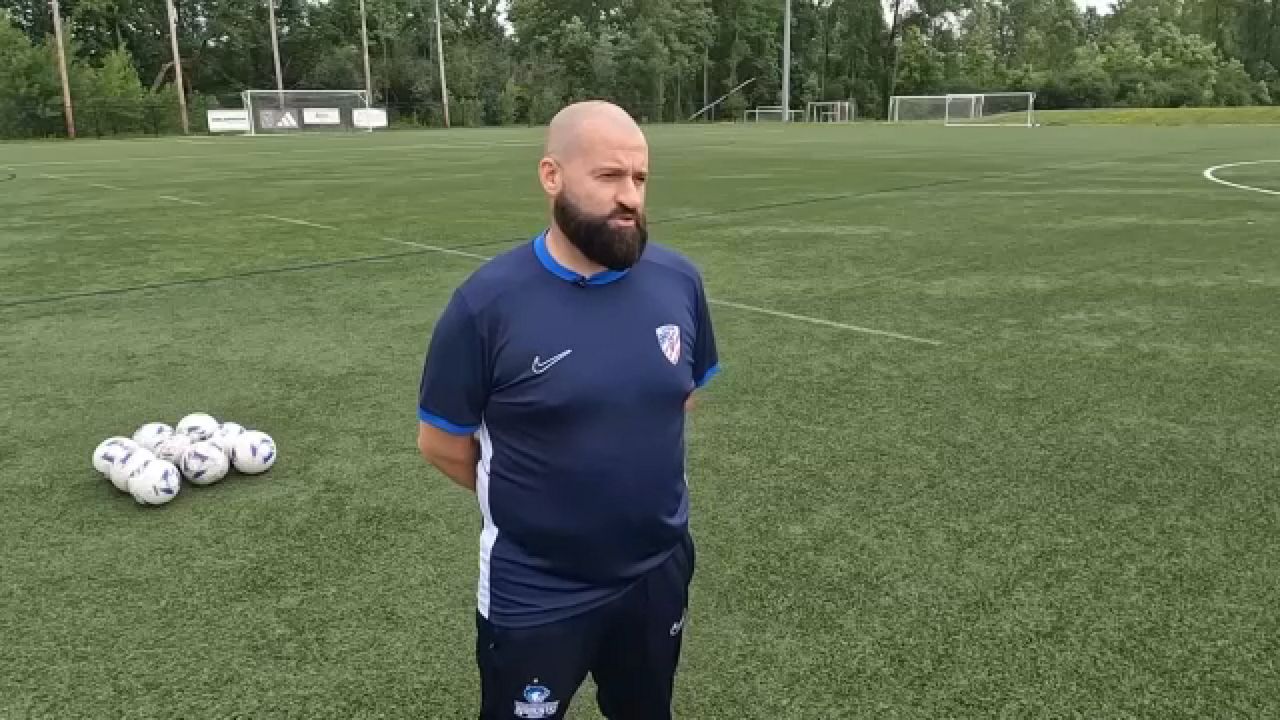ROCHESTER, N.Y. —The Rochester Rhinos announced Wednesday the team will vacate the west side stadium it's always called home by the end of the year.
Team owners David and Wendy Dworkin said that the team will not return to Marina Auto Stadium after taking a hiatus for the 2018 season. The stadium opened during the summer of 2006.
The Dworkins will now look to build a new facility outside the city to house the team by the 2020 season. They say they hope to make the stadium more appropriate for professional soccer by lowering the volume of seats and including more food options as well as a team shop.
They also hope to make the facility multi-use and that the scale of the project would not be feasible with any property available currently in the city of Rochester.
"You'll see a team store, you'll see different food venue choices, you'll see additional land next door for other fields so that we can have the soccer tournaments that we haven't been able to capitalize on," David Dworkin said. "By definition we need lots of land and there aren’t large parcels that we’ve found in the city.”
The city released a statement in response to the announcement, though the team has until September 1 to deliver a formal notification.
“Today’s decision by the soccer team’s management to cease operation at the stadium will pave the way for the City to move forward at that facility,” said James Smith, director of communications and special events. “This past year in limbo with the stadium management has resulted in significant taxpayer investment to cover expenses with very little use of the facility for the community. Until the soccer team made its decision, out of good faith, we have not been able to engage other interested parties in discussions about the future reuse of this public facility and we are now able to begin those discussions with protection of our taxpayers as a paramount factor.”
The Rhinos will also be joining the new Division III level of U.S. professional soccer. The Dworkins say dropping down from Division II will allow them to schedule geographically closer matches while still competing for the U.S. Open Cup.









